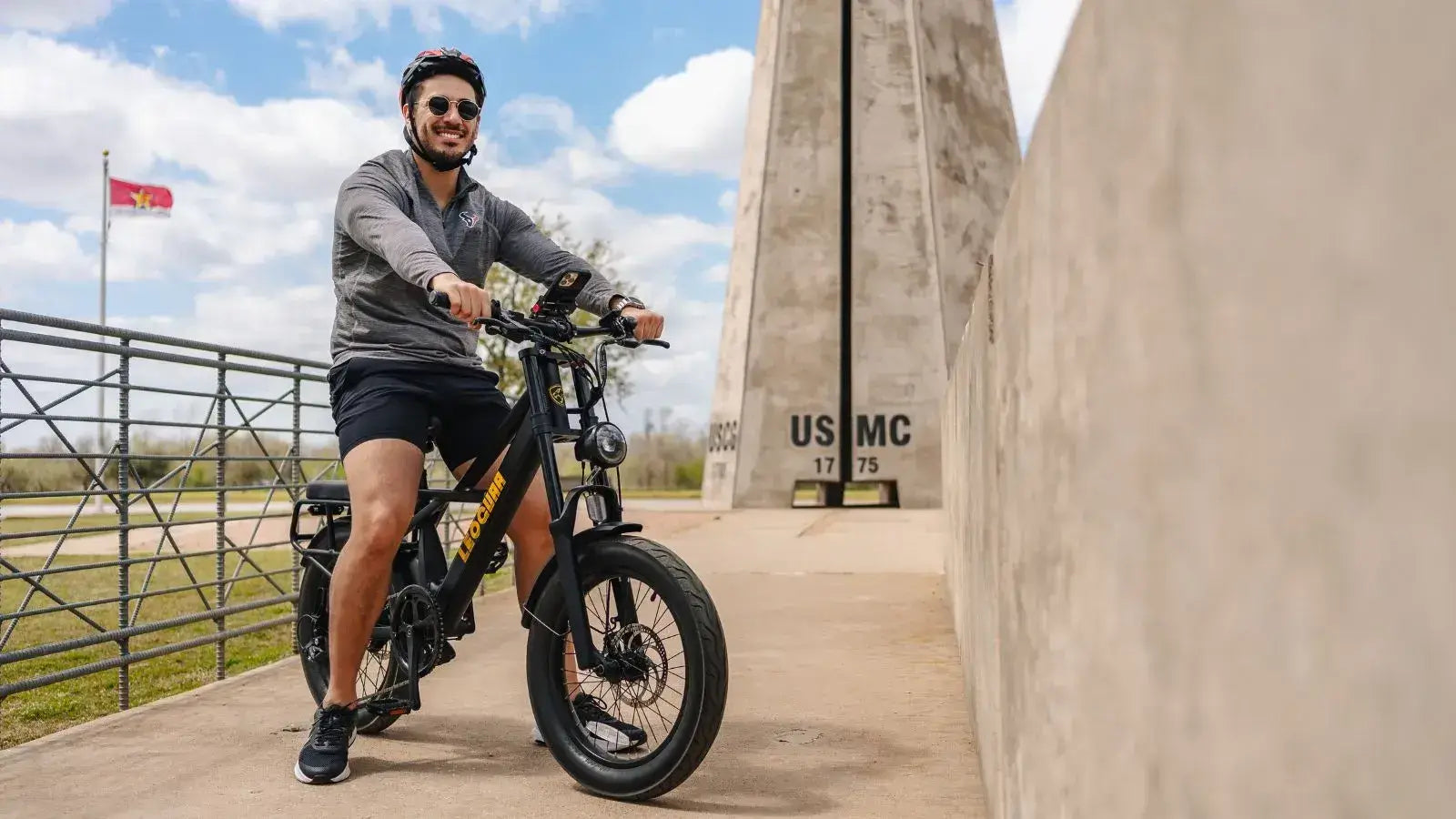
Custom Electric Bike vs Factory Model: Which One’s Worth the Price?
When you pick your next electric bike, you have a basic choice to make. You can get the easy convenience of a factory model or go for the deep personalization of a custom electric bike. This isn't just about money. It's a question of time, skill, performance, and what you really want in a bike. The "best" choice depends completely on you. A factory e-bike gives you a warranty, tested engineering, and the chance to ride right away. A custom build promises a machine made perfectly for your body, riding style, and look.
This guide will cut through the confusion. We will break down the good points, bad points, costs, and work needed for each path. Our goal is to give you a clear plan to help you decide which route is truly worth the price for you. We'll look at both the plug-and-play solution of factory models and the wide range of customized ebikes, from simple changes to a full ground-up build.
The Custom Spectrum
The term "custom electric bike" covers many different projects. Understanding this range is key to finding your starting point. The journey doesn't have to start with a box of wires and a bare frame. Here's a breakdown of the different levels of customization:
Level 1: Bolt-On Customization. This is the easiest path. You start with a factory e-bike and upgrade key parts for comfort, performance, or usefulness. Think better seats, comfortable grips, different tires for your terrain, or adding good racks and lights. It's about making a good bike a great bike for you.
Level 2: E-Bike Conversion Kits. This is the most popular DIY route. You take a standard, non-electric bicycle you love and add electric power with a kit. These kits usually include a motor (hub or mid-drive), a battery pack, a controller to manage the power, and a display or throttle. There are many excellent guides on the best electric bike conversion kits and how to fit them, making this a doable project for those with basic mechanical skills.
Level 3: Ground-Up Custom Build. This is the top level of personalization. You are the designer and engineer, finding every single part: the frame, motor, battery cells, controller, drivetrain, brakes, and wheels. This path offers unlimited potential but needs a lot of research, skill, and patience to create a truly one-of-a-kind machine.

Custom vs. Factory Comparison
To make a smart decision, you need to compare factory and custom e-bikes across the factors that matter most. Here is a direct, head-to-head breakdown.
| Factor | Factory E-Bike | Custom Electric Bike |
|---|---|---|
| Total Cost & Value | The cost is predictable and paid upfront. Value is in the integrated, tested system and included warranty. | The cost is highly variable, from cheaper than a factory bike to significantly more expensive. Value is in component-level choice and performance-per-dollar. |
| Performance & Tuning | Performance is generally locked to meet legal e-bike classes and regulations. Tuning options are minimal or non-existent. | Performance is fully tunable. You can specify for higher torque, top speed, or extended range. The only limits are your budget and technical knowledge. |
| Personalization & Fit | You are limited to the manufacturer's available sizes, colors, and configurations. It's a "one-size-fits-most" approach. | Personalization is infinite. You can achieve a perfect ergonomic fit, a unique aesthetic, and functionality tailored to your exact needs (e.g., heavy cargo, specific terrain). |
| Effort & Skill Required | Minimal effort. Often requires only basic assembly like attaching handlebars and pedals. | Significant effort. Requires mechanical aptitude, electrical knowledge, extensive research, and problem-solving skills. |
| Warranty & Support | Typically includes a comprehensive warranty covering the frame, motor, and battery. You have access to dealer support and service. | There is no single warranty. Individual components have their own warranties, but you are your own technician and support system for the integrated bike. |
| Resale Value | Established brands hold their value better and are generally easier to sell to a wider market. | Resale value is generally lower. Buyers can be hesitant about a home-built system, and the niche appeal limits the potential market. |
Custom Build Budget Breakdown
One of the biggest questions about a custom electric bike is the true cost. To clear this up, we've broken down three common build scenarios. These numbers are market estimates and can change based on part choice and availability.
Scenario 1: The Budget Commuter Conversion
Target Cost: Under $800
This path is perfect for adding electric power to a reliable bike you already own for daily commuting.
- Base Bike: Use an existing quality bicycle ($0) or find a well-maintained used bike ($100 - $200).
- Conversion Kit: An entry-level front or rear hub motor kit is the most cost-effective choice ($300 - $400).
- Battery: A standard 36V or 48V bottle-style or rack-mounted battery will give plenty of range for most commutes ($250 - $400).
- Tools & Miscellaneous: You'll need basic bike tools, zip ties, and possibly some connectors ($50).
Scenario 2: The Mid-Tier Performance Build
Target Cost: $1,500 - $2,500
This build focuses on creating a powerful and reliable e-bike that can beat many off-the-shelf models in its price range.
- Frame: Start with a quality used or new hardtail mountain bike or hybrid frame ($300 - $500).
- Motor: A good mid-drive motor like the Bafang BBSHD is a popular choice for its power and hill-climbing ability ($600 - $800).
- Battery: A high-capacity 52V battery pack with quality cells (like Samsung, LG) is crucial for performance and range ($500 - $800).
- Supporting Components: You'll need to invest in upgraded hydraulic brakes and a strong drivetrain to handle the extra power ($200 - $400).
Scenario 3: The High-End "Dream Build"
Target Cost: $3,000+
For this build, the goal is to create a no-compromise machine that beats the performance of nearly any factory e-bike.
- Frame: A premium full-suspension mountain bike frame or a specialized cargo/touring frame is the foundation ($800+).
- Motor: A high-end mid-drive motor or a powerful hub motor designed for extreme performance ($800+).
- Battery: A very high-capacity or custom-built battery pack, often built into the frame or a custom case, is required ($1,000+).
- Components: This is where the budget can grow infinitely, with top-tier suspension, brakes, wheels, and electronics ($1,000+).
Why Choose a Factory E-Bike?
A factory model is a great choice for a huge number of riders. It's likely your best bet if you identify with these points:
You want convenience and time. Your goal is to be riding this weekend, not spending weeks or months in a workshop. You value a full warranty and the peace of mind that comes with professional dealer support for service and repairs.
You are not a mechanic. The thought of troubleshooting wiring or programming a controller is more stressful than exciting. Your riding needs are well-met by the performance levels and features of commercially available e-bikes.
You plan to resell the bike in a few years and want to maximize its resale value in a broad market. You want a vehicle that is certified to meet local safety and legal standards right out of the box, with clear information on its standard e-bike specs and features.
Why Build a Custom E-Bike?
The custom e-bike journey is an incredibly rewarding experience for a specific type of person. This path is for you if:
You are a tinkerer, hobbyist, or DIY enthusiast who enjoys the process of building, learning, and problem-solving as much as the final product. You have specific performance goals that factory bikes can't meet, such as extreme hill-climbing torque, very high top speeds (for off-road use), or exceptionally long range.
You need a bike tailored to unique ergonomic needs (like specific frame geometry for height or mobility issues) or functional requirements (like super-duty cargo capacity). You want to achieve a specific aesthetic—a retro build, a stealthy commuter, or a color scheme that is entirely your own.
You are working with a tight budget and have the skills to find used parts and a quality donor bike to build a capable machine for less. You see the project as an opportunity to gain deep knowledge about how e-bikes work, empowering you to handle any repair or upgrade in the future.

Making Your Final Decision
The choice between a custom electric bike and a factory model comes down to a trade-off. You are weighing the security, convenience, and predictability of a factory bike against the unmatched personalization, performance potential, and satisfaction of a custom build.
There is no universally "correct" answer. A first-time e-bike owner who needs a reliable commuter for work is best served by a factory model with a strong warranty. In contrast, an experienced cyclist who wants to build a powerful hill-climbing beast for mountain trails will find immense value in the custom journey.
Think about your own skills, budget, time, and, most importantly, what you want to achieve with your e-bike. Whether you choose to buy a complete package or build your dream machine from the ground up, the ultimate goal is the same: to get a bike that perfectly fits your life and brings you joy on every ride.
Frequently Asked Questions
1. Q: How long does it take to build a custom electric bike?
A: The time varies greatly depending on your skill level and the complexity of your build. A simple conversion kit installation might take a weekend, while a ground-up custom build could take several weeks or even months of part-time work.
2. Q: Can I legally ride a custom electric bike on public roads?
A: Yes, but your custom e-bike must comply with local e-bike regulations regarding speed limits, motor power, and safety equipment. Most areas require e-bikes to stay under 20-28 mph and have motors under 750 watts for street use.
3. Q: What happens if my custom electric bike breaks down?
A: You become your own repair technician. While individual components may have warranties, there's no single manufacturer to contact for support. This is why mechanical skills and electrical knowledge are important for custom builds.
4. Q: Is it really cheaper to build a custom electric bike?
A: It depends on your goals and skills. A basic conversion kit can be cheaper than a new factory e-bike, but high-performance custom builds often cost more than comparable factory models. The value comes from getting exactly what you want.
5. Q: Do I need special tools to build a custom electric bike?
A: Basic bicycle maintenance tools are essential, plus some electrical tools like wire strippers and a multimeter. The specific tools needed depend on your build complexity, but most conversions can be done with standard bike shop tools.



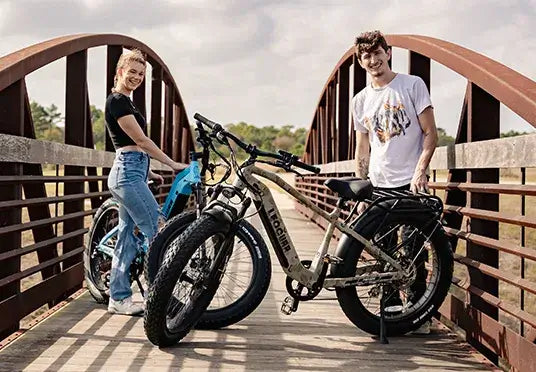
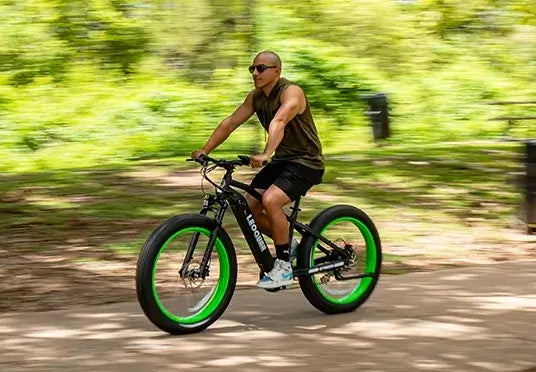
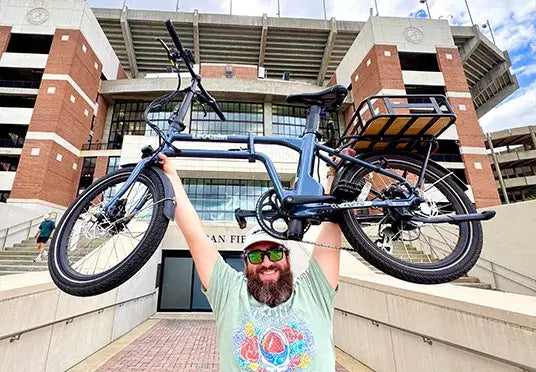
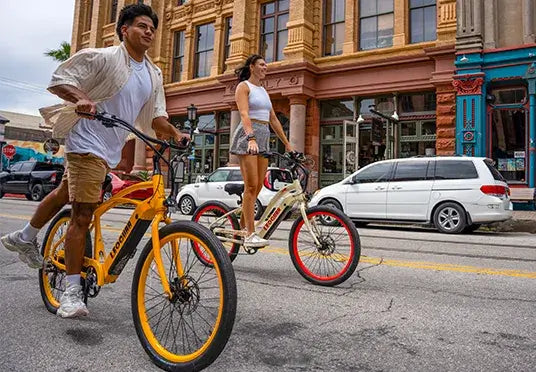
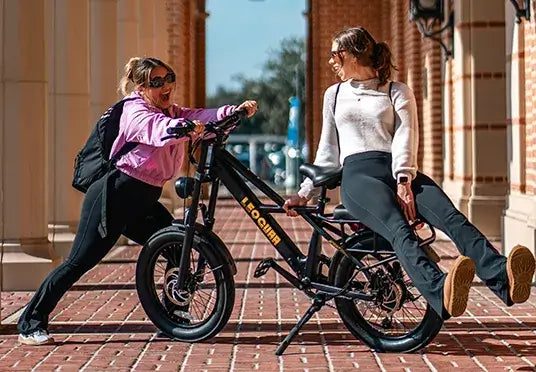
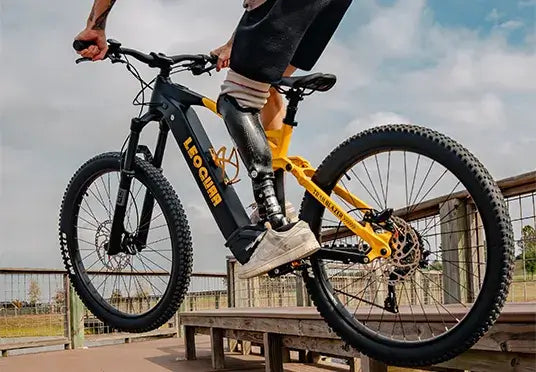
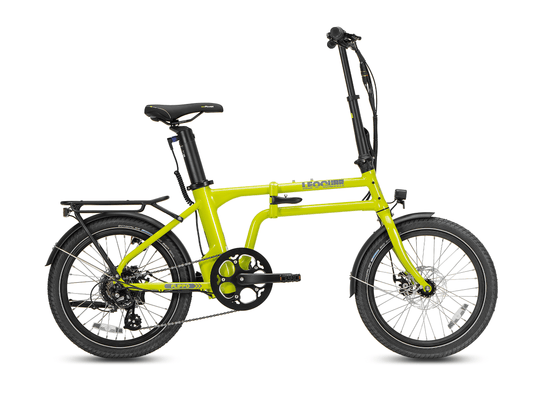
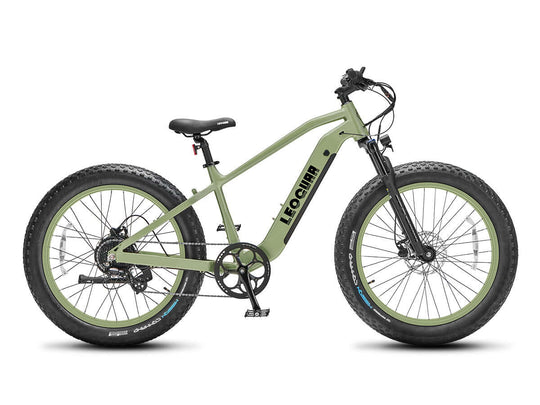
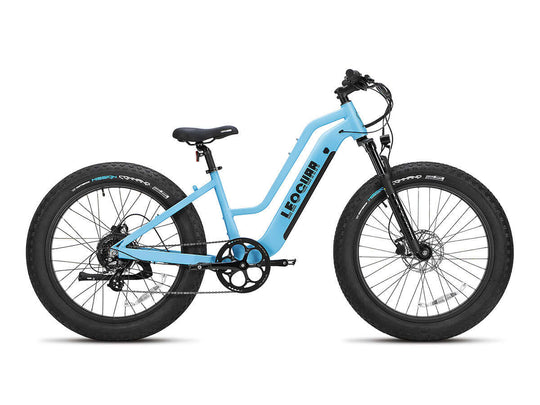
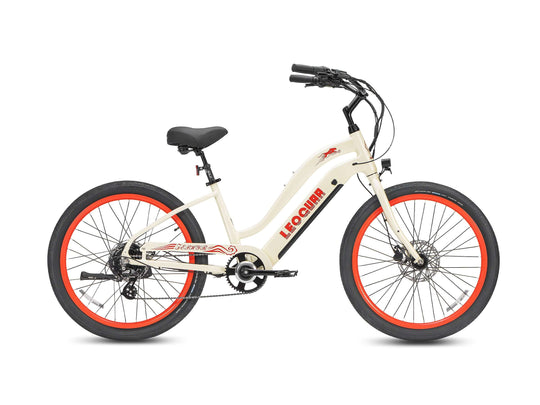
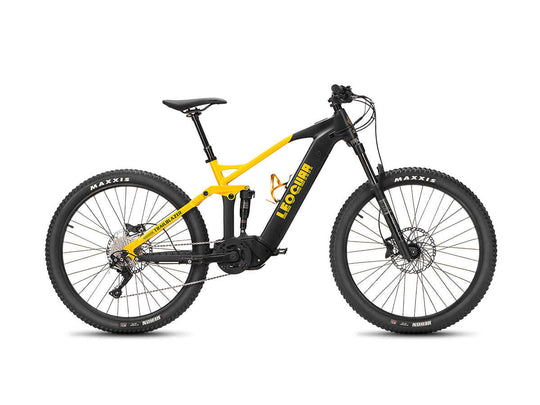
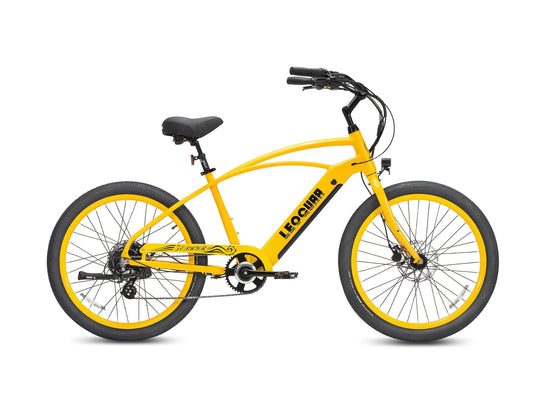
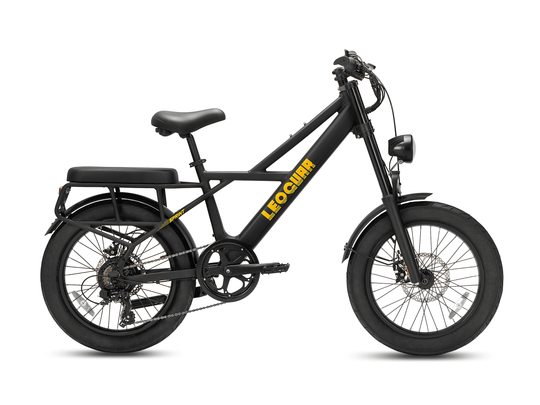
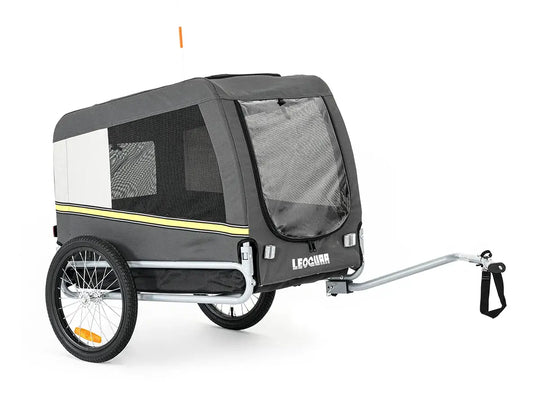
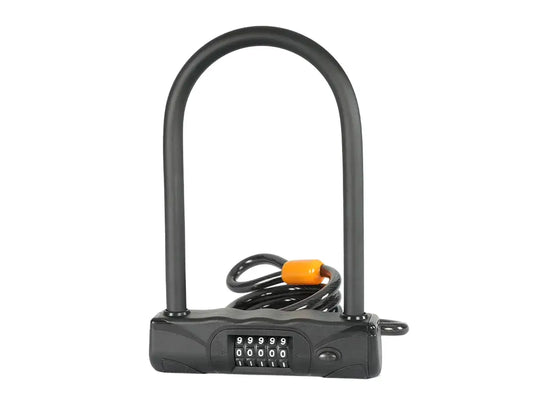
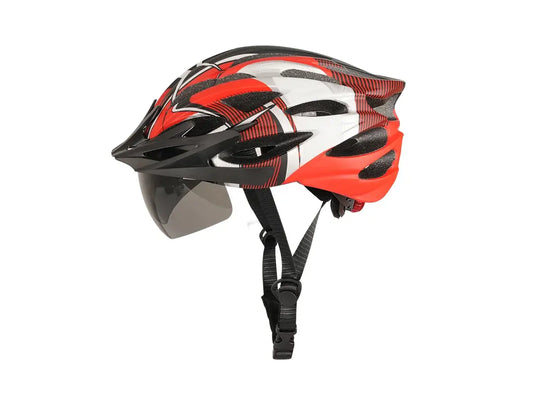
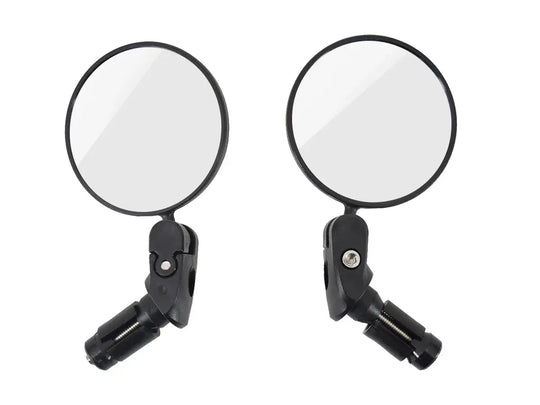
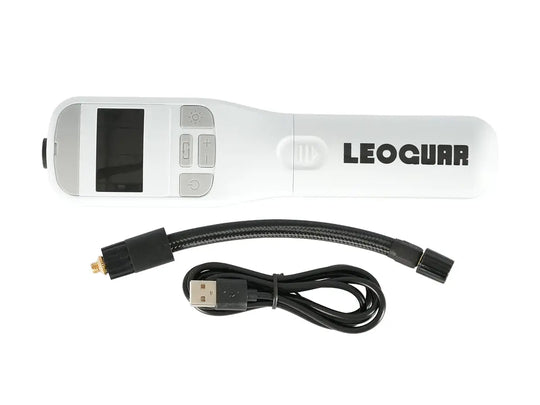
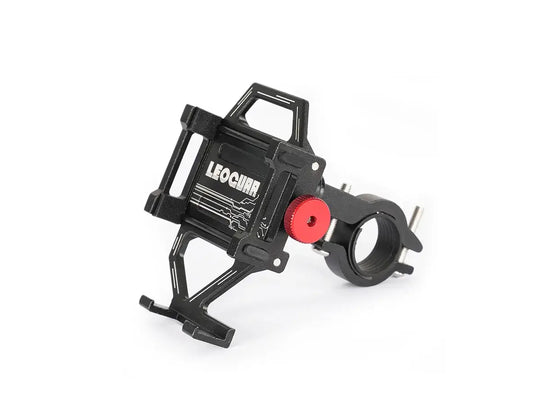
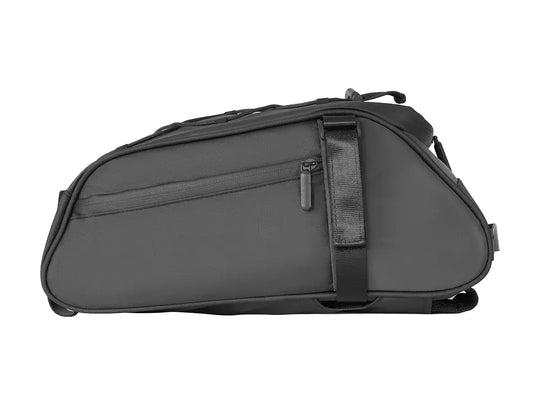
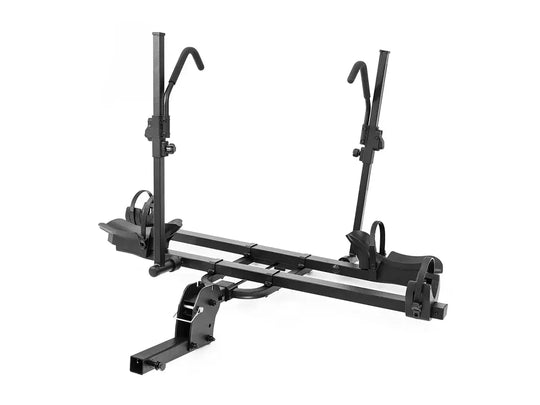
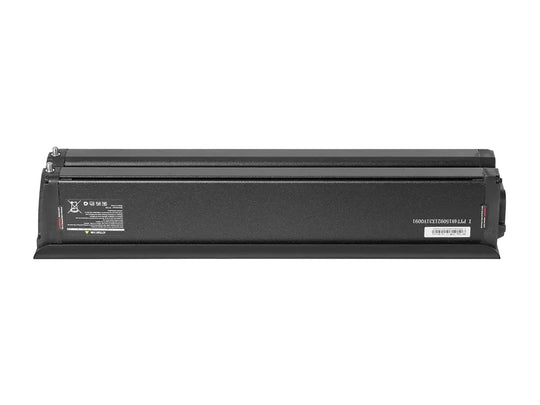
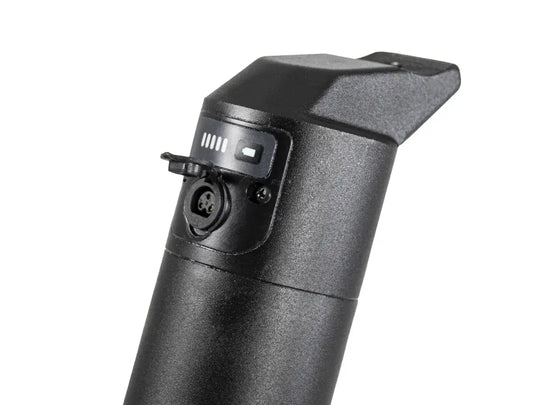
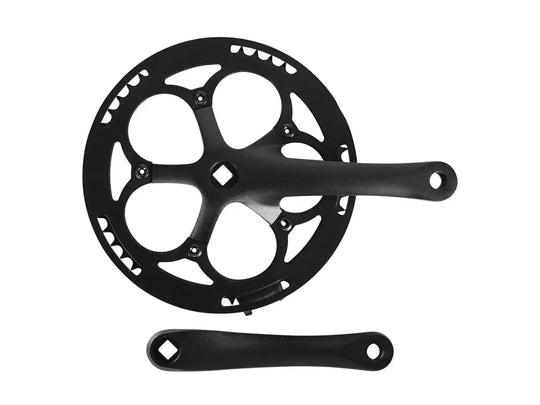
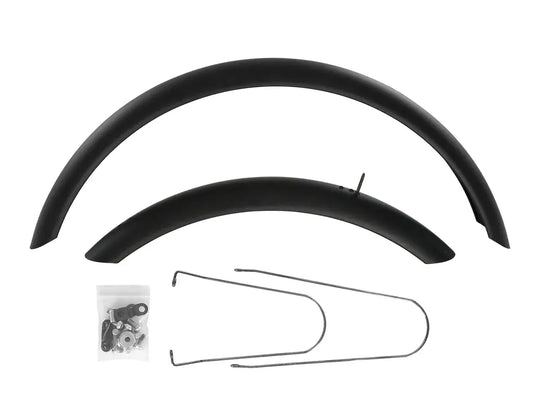
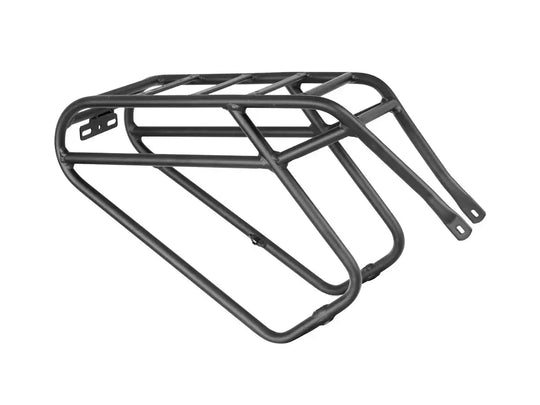
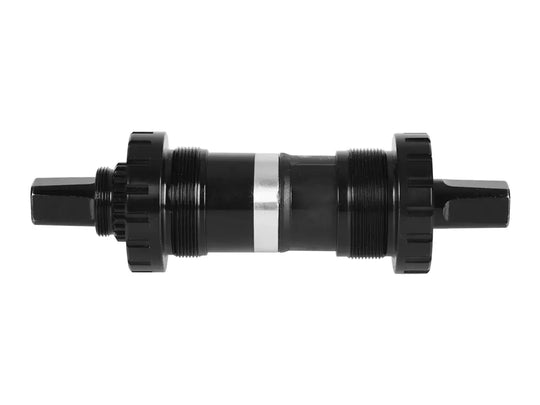
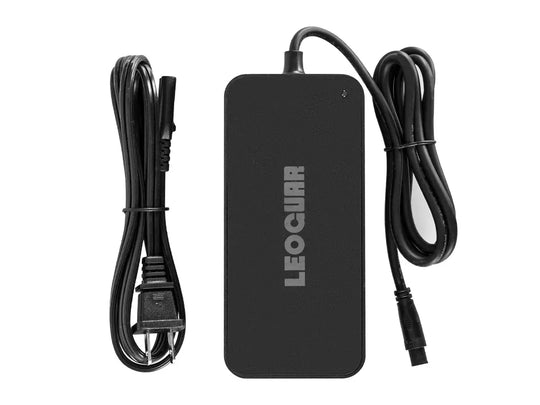
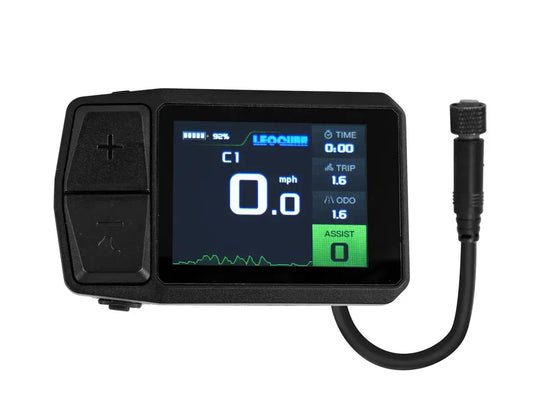
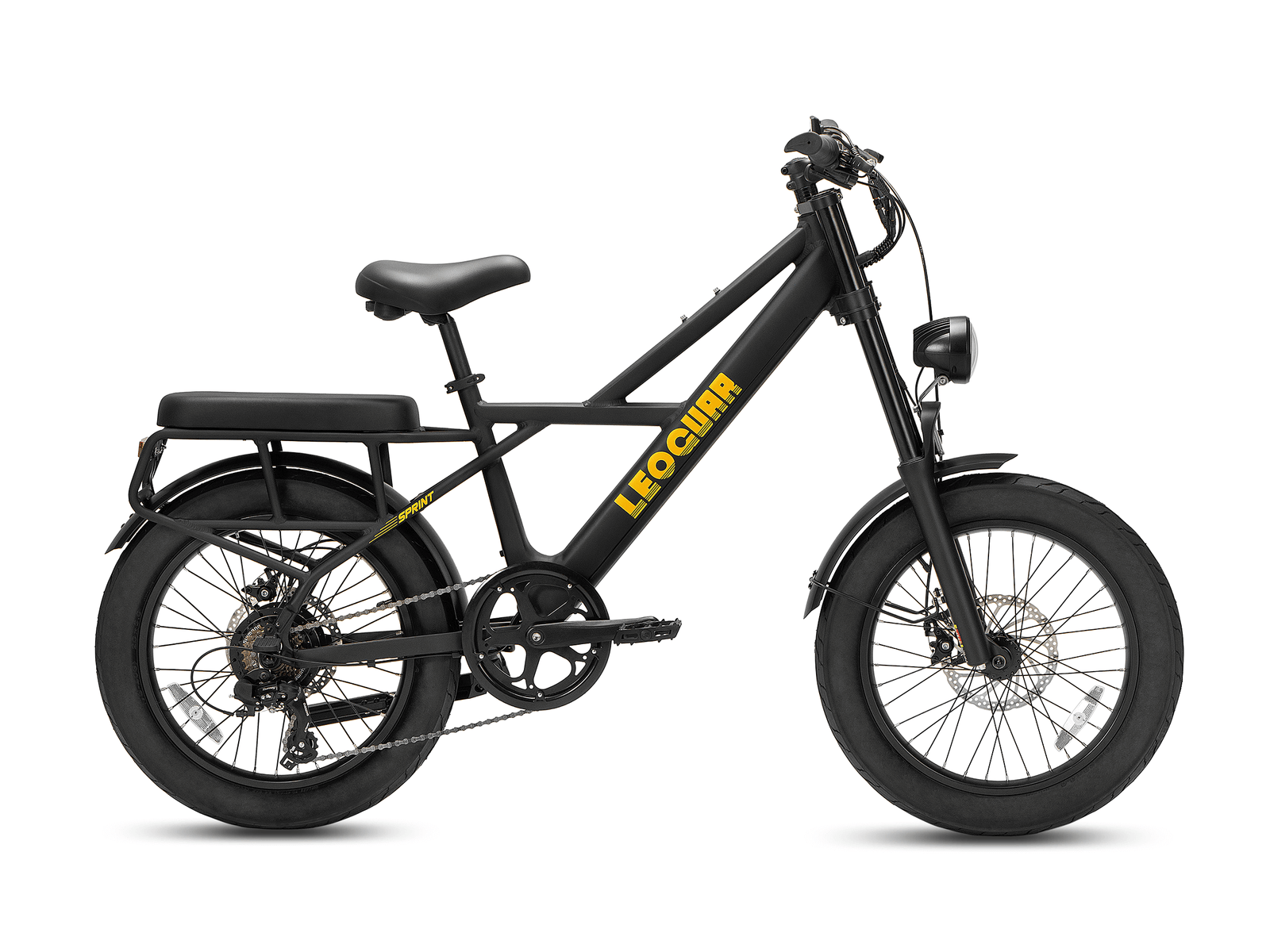
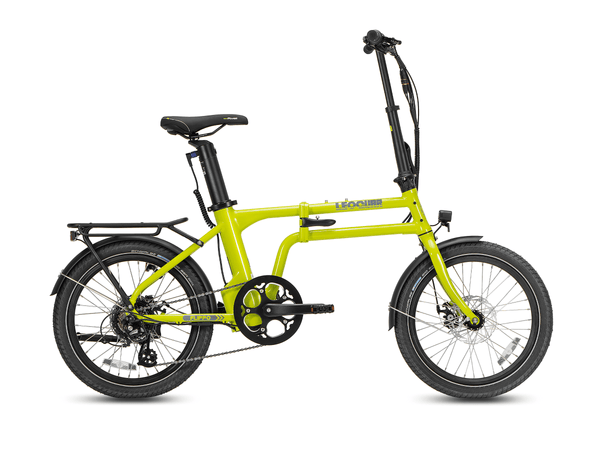
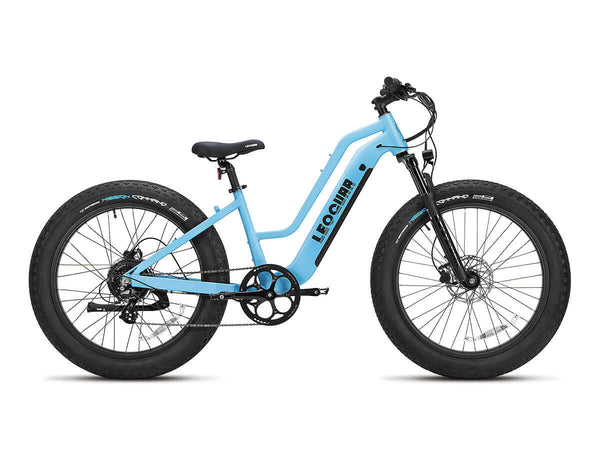







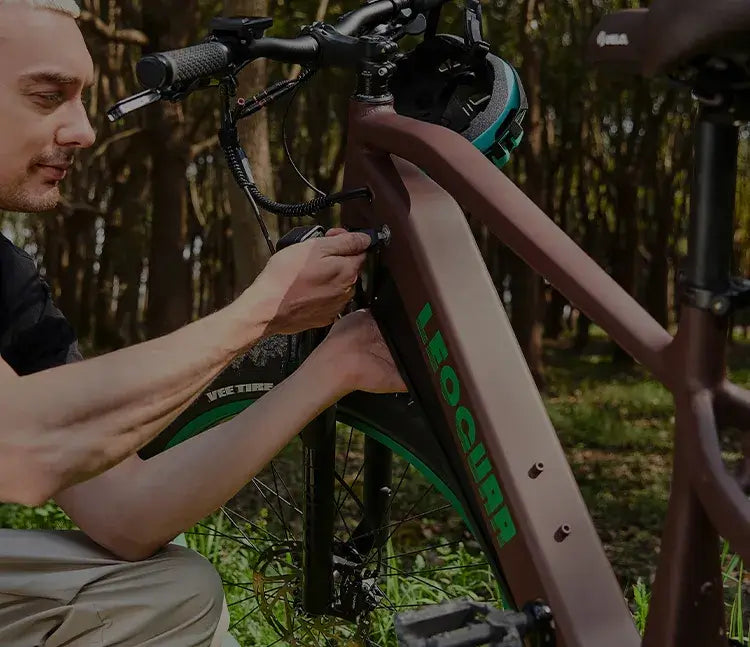
Leave a comment